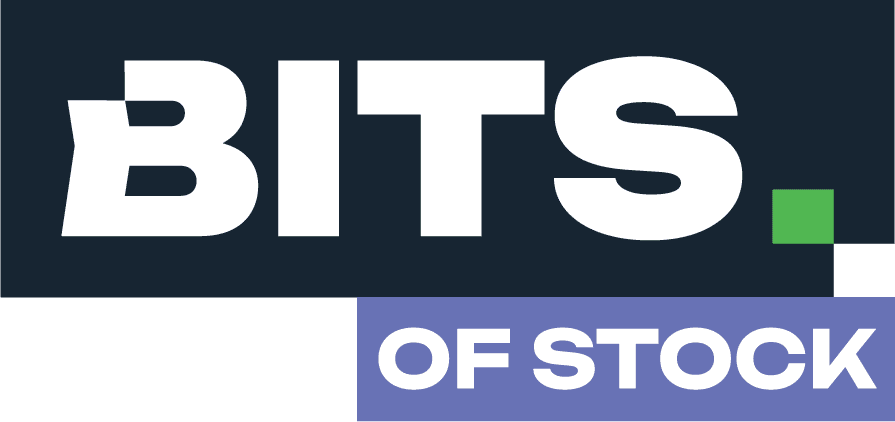
- Credit risk analytics provider Carrington Labs teamed up with real-time decisioning infrastructure company Oscilar.
- The partnership will make Carrington Labs’ explainable AI-powered, advanced credit risk and cash flow underwriting models available via Oscilar’s decisioning platform.
- Headquartered in Sydney, NSW, Australia, Carrington Labs made its Finovate debut at FinovateFall 2024 in New York.
Credit risk analytics provider Carrington Labs has announced a new partnership with real-time decisioning infrastructure company Oscilar. The partnership will shorten integration times for lenders and enhance credit risk workflows for banks, credit unions, and fintechs alike.
“Lenders want to improve how they assess credit risk, but many are limited by legacy systems and long implementation cycles,” Carrington Labs CEO Jamie Twiss said. “Partnering with Oscilar makes it significantly easier for lenders to access and act on better credit risk insights and improve their underwriting using infrastructure they already have.”
Courtesy of the partnership, Carrington Labs’ advanced credit risk and cash flow underwriting models will be accessible via Oscilar’s real-time decisioning platform. Carrington Labs’ models leverage a combination of transaction level data, credit bureau data, and behavioral insights to provide smarter credit risk insights. Combined with Oscilar’s no-code platform, the models promote broader inclusivity in lending by more accurately assessing the creditworthiness of thin-file borrowers and borrowers with non-traditional incomes.
“Carrington Labs brings a strong capability in credit risk analytics and alternative data,” Oscilar CEO and Co-Founder Neha Narkhede said. “Together, we’re helping lenders build a more complete picture of creditworthiness, without adding complexity.”
Founded in 2021, Oscilar emerged from stealth two years ago with its AI-powered technology to help businesses better defend online transactions from fraud. The Palo Alto, California-based company uses real-time data, AI, and decisioning to create an advanced credit and fraud detection platform that enables firms to assess the risk of every online transaction in a matter of minutes. The company values the market for risk protection at more than $200 billion and noted that credit and fraud risk currently cost businesses more than $48 billion a year. For their part, consumers are on the hook for $8 billion a year due to credit and fraud risk.
“During my time leading engineering teams at Meta, I found that data and AI played a huge role for making risk decisions—but this technology was hard to build and not easily accessible to our business teams,” Oscilar Co-Founder and CTO Sachin Kulkarni said. “We built Oscilar so that companies could have a thorough risk decisioning solution but wouldn’t have to use their engineering teams’ valuable time to achieve that.”
Carrington Labs empowers lenders to be more inclusive while at the same time boosting revenues, lowering default rates, and improving margins. Founded in 2024, Carrington Labs made its Finovate debut at FinovateFall 2024 in New York. At the conference, the Sydney, Australia-based company demoed its technology that leverages explainable AI to provide alternative credit risk assessments and loan limit recommendations based on the lender’s unique loan products. Carrington Labs’ credit risk models have been trained on more than one billion data points to provide precise insights; the company boasts that it can pilot a tailored risk model for a lender in days and onboard a new lender in weeks.
The company’s partnership announcement comes as it unveiled new research that underscored the importance of identifying behavioral changes in loan applications. The study showed how behavioral changes can predict loan risk and supported Carrington Labs’ decision to adjust the behavioral factor weighting in its risk model to 36%, a record weighting for the firm’s model.
“While we’ve always looked at a range of behavioral factors, this latest generation of cash flow underwriting models tests a wider range of attributes than ever before, and we were surprised to see how many behavioral elements ended up in this particular model,” Twiss said. “This finding underlines the value of behavioral data in assessing a loan applicant’s risk levels.”
Photo by Road Trip with Raj on Unsplash
























